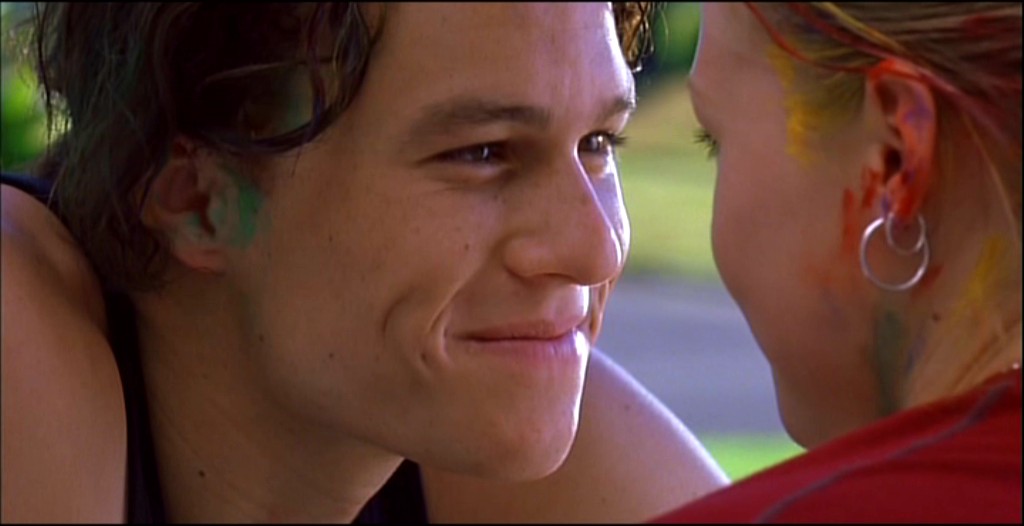With campaigns like “No Means No” and “Yes Means Yes” out to
cure rape culture from its core, we must ask ourselves – where did such a
skewed perception of consent originate from anyway? As society finally begins
to recognise and react to the widespread phenomenon of men ignoring the
legitimacy of female consent (or lack thereof), it is worth understanding the
ways this mentality is perpetuated in society.
Most likely the biggest reason is that women’s bodies have
consistently been characterised as men’s property under the male gaze, and I’ve
already deconstructed parts of these issues here here and here, and will
continue to do so. But what is also worth airtime is the way consent in sex and
relationships is portrayed in pop-media, and how this perpetuates rape culture.
Read on to find out why The Notebook
is problematic!
Basically, we romanticise boys “getting the girl” through
persistence and perseverance, never stopping in his quest to make the girl of
his dreams realise that in fact, he is what she has been missing from her life
all along...
- Ryan Gosling as Noah in the romance-story-to-end-all-romance-stories The Notebook repeatedly asks dream-girl Allie out, despite her definitive “no”. He then threatens to kill himself unless she goes out with him.
- Heath Ledger *swoon* as Pat in 10 Things I Hate About You dogs Kat until she finally falls for him… and they kiss in a paintball fight… and it’s so cute…
- Logan Lerman in the 2011 adaptation of The Three Musketeers asks blonde-beauty to go out with him again and again until she agrees.
As a society we
have endorsed, romanticised and encouraged the idea that if a guy wants a girl,
he should have her. Moreover, women are constantly portrayed in blockbuster
romance movies (and comedies, action movies, coming of age movies…) as if they don’t
know what’s best for them; it’s only when a man forces himself into their
affection that they realise he is their Prince Charming.
We tell
boys that the way to go about “getting the girl” is to ignore her rejections
and try again and again, because she doesn’t know what she wants.
The movies above are very explicit examples of this
mentality, but it is still implied in the vast majority of storylines which
include (cis-hetero normative) relationships. Pride and Prejudice characterises Elizabeth Bennet as ignorant of
her true feelings, and romanticises Mr Darcy’s attempts to woo her (albeit
subtly) despite her rebuffs. Looking For
Alaska similarly creates a hero out of Miles for persevering with his efforts
to get with Alaska.
Not a single pop-culture storyline comes to mind when I ask
myself if there is a book or movie which legitimises a woman’s feelings of
unattraction towards a man who is pursuing her.
This screams rape culture, loud and clear. When we encourage boys to keep chipping away at a girl’s
defence against his advances because that is the cute, romantic way to gain a
relationship, we validate people who ignore “no” as an answer to sex, kissing,
or even hitting up on Facebook. None of the hyper-sexualised, attractive, idolised
male characters accept no for an answer, and they live happily ever after. So why
are we so confused when boys feel like she doesn’t really mean it when she says
“no”?
